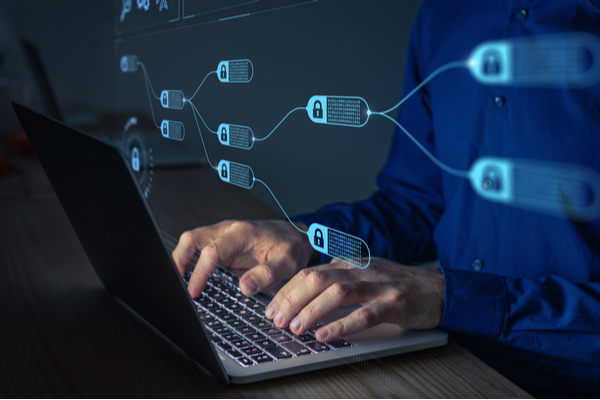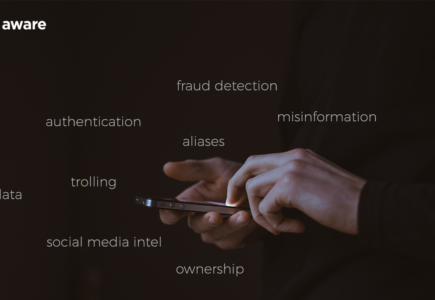Non-fungible tokens (NFTs) have taken center stage in digital commerce, with record-breaking sales like CryptoPunk #8857 fetching $6.6 million in 2021. As NFTs disrupt traditional models of ownership and value—extending from digital art to concert tickets and even physical goods—they also introduce major questions about intellectual property (IP) rights and legal protections. Unauthorized transactions, in particular, highlight growing vulnerabilities in an already complex landscape.
What Are NFTs?
NFTs are unique digital assets stored on blockchain ledgers that verify ownership and authenticity. Unlike typical cryptocurrencies, NFTs aren’t interchangeable—each one is distinct and tied to a specific owner. They can represent tangible items like homes or cars, or digital entities like tweets, videos, and art files.
How Are NFTs Regulated?
Regulation hasn’t kept pace with NFT technology. However, oversight is intensifying. Agencies like the Financial Crimes Enforcement Network (FinCEN) and the Office of Foreign Assets Control (OFAC) have already scrutinized digital assets, and NFTs are next in line.
-
OFAC has confirmed that U.S. sanctions apply to digital transactions and has already pursued enforcement actions against cryptocurrency violations. If NFT sales cross international boundaries, they may trigger sanctions compliance issues.
-
FinCEN, which enforces anti-money laundering laws under the Bank Secrecy Act (BSA), has yet to issue NFT-specific guidance. But if FinCEN determines that NFTs have “value that substitutes for currency,” they could fall under its regulatory scope.
-
State regulations haven’t addressed NFTs directly, but existing virtual currency laws in states like New York and Louisiana could apply. These include licensing requirements and customer protection mandates.
IP Rights and Cybercrime Risks
NFT marketplaces are a prime target for cybercriminals. Like other online platforms, they face risks including phishing, brute-force attacks, and account takeovers. But in the blockchain world, once someone steals a private key, legal retrieval of the NFT is rarely successful.
From an IP standpoint, buying an NFT doesn’t always mean owning the associated copyright, trademark, or patent. Contracts must clearly define what’s included. Without this, NFT buyers may find themselves with proof of ownership—but no actual rights to use or monetize the underlying content.
Likewise, creators must avoid infringing on existing IP when minting NFTs. If an NFT incorporates protected content—like a song sample or brand logo—without proper licensing, the creator could face lawsuits or financial penalties.
Looking Ahead
NFTs are still new to many industries, but dismissing their impact is a mistake. Legal professionals should start understanding the technology now—especially how it intersects with IP, cybersecurity, and digital ownership.
As NFT use expands, expect increasing scrutiny of how patents and other rights are transferred, tracked, and enforced. Knowing who owns what—and whether they have the legal right to use it—will only grow more critical.
SMI Aware Can Help
At SMI Aware, we help legal professionals uncover critical insights from social media and the web—whether you’re tracking down content ownership or documenting misuse. Our analyst-led approach ensures every report meets the same high standard of defensibility, no matter the scale.
Want to learn more? Let’s chat.




